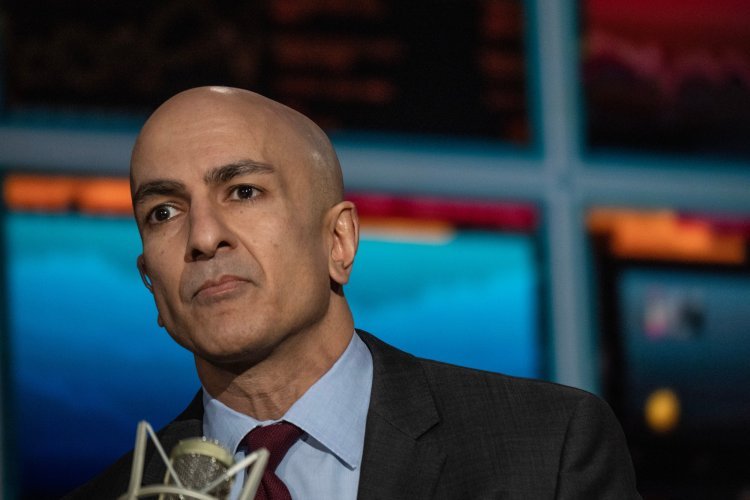Minneapolis Fed President Neel Kashkari Claims Crypto Transactions Primarily Linked to Illegal Activities
Minneapolis Fed President Neel Kashkari claims that most cryptocurrency transactions are linked to illegal activities such as drug deals during a town hall event. His remarks have sparked criticism from crypto advocates who highlight that cash is still the primary method for funding illegal activities. Despite Kashkari's skepticism data shows growing interest in digital assets among institutional investors especially after the approval of Bitcoin and Ether ETFs by the SEC.

Minneapolis Fed President Neel Kashkari Claims Crypto Transactions Primarily Linked to Illegal Activities
Minneapolis Federal Reserve President Neel Kashkari has made headlines with his assertion that the vast majority of cryptocurrency transactions are associated with drugs and illegal activities. Speaking at a town hall event in Wisconsin on October 21 Kashkari emphasized that “very few transactions happen on crypto unless it’s drugs or illegal activity.” His remarks highlight ongoing skepticism regarding the use and legitimacy of cryptocurrencies in mainstream financial transactions.
During the event hosted by the Chippewa Falls Area Chamber of Commerce Kashkari noted that while individuals engage in buying and selling cryptocurrencies this activity does not translate into payment for goods and services. This sentiment reflects a long-standing perspective that Kashkari has held since assuming his role as president of the Minneapolis Fed in 2016. In 2022 he criticized the cryptocurrency industry labeling it as primarily consisting of “fraud hype and noise.”
Earlier this year Kashkari further questioned Bitcoin’s functionality arguing that it cannot serve effectively as a currency or a legitimate investment. He likened Bitcoin to a speculative asset comparing it to Beanie Babies in terms of investment utility.
In response to Kashkari’s latest comments proponents of cryptocurrency have taken to social media to counter his assertions. Nic Carter a partner at Castle Island Ventures expressed his disbelief stating “I think being this wrong should be illegal.” Additionally legal analyst Hailey Lennon pointed out that funding for drug trafficking and other illegal activities is predominantly conducted in physical cash rather than cryptocurrencies. She emphasized that such misconceptions have been a persistent narrative within the crypto community for the past decade.
Supporting this counter-narrative data from a Pew Research Center survey indicates that only 17% of Americans invested traded or owned digital assets in 2023. In contrast a 2024 poll from European investment manager Nickel Digital revealed that 80% of institutional investors and wealth managers are looking to increase their investments in digital assets in the coming months. This interest has surged particularly following the recent approval of spot Bitcoin and Ether ETFs by the SEC earlier this year.
As the debate over the legitimacy and utility of cryptocurrencies continues Kashkari's remarks underscore the ongoing challenges faced by the crypto industry in dispelling negative perceptions and fostering broader acceptance among both the public and regulatory bodies.
Click Here to Visit
What's Your Reaction?
















